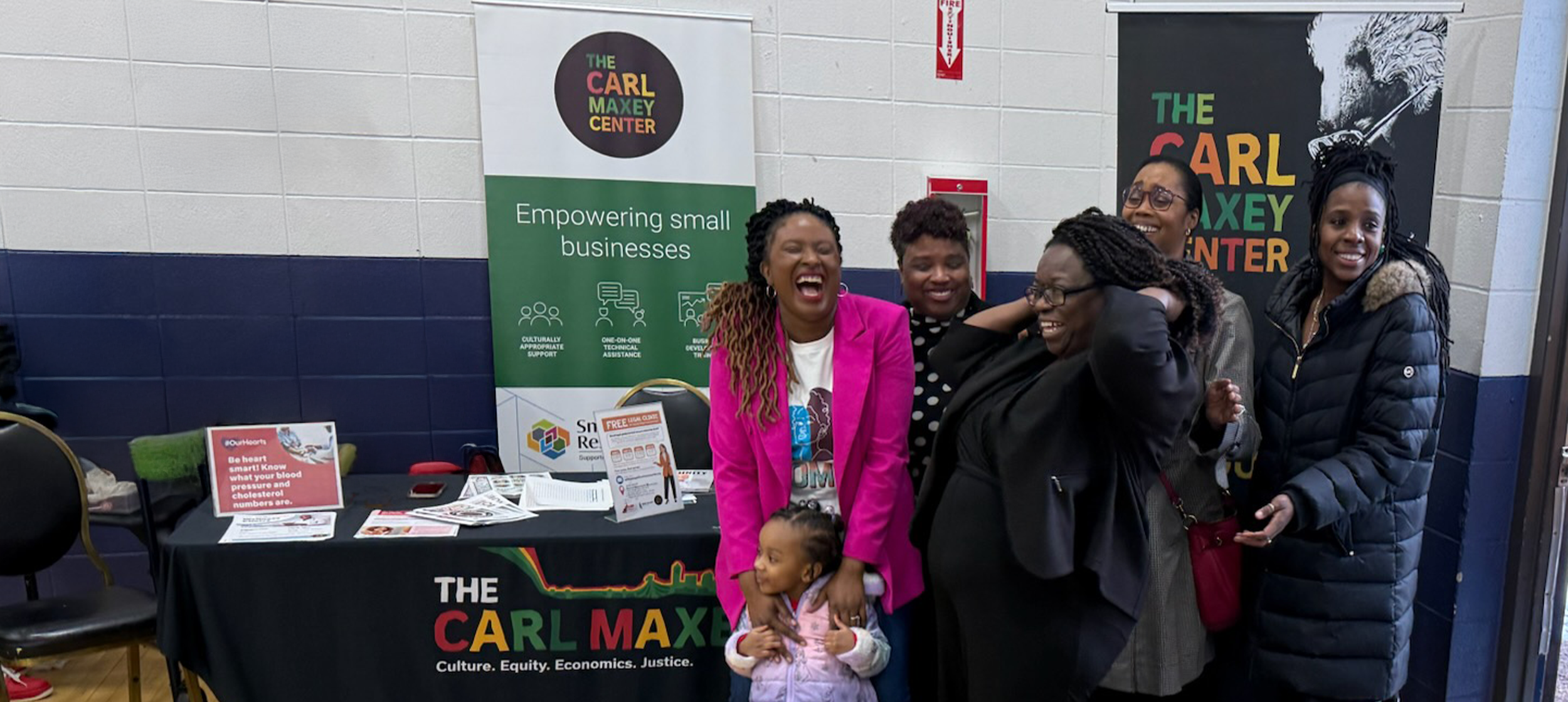
the vision
This project is rooted within the Fifth Avenue community and is shaped by the historical context that informs the realities of today. Built through intentional coalition-building, in partnership with local organizations and community leaders, we hope to help restore balance in a neighborhood that has long experienced systemic inequities within the Spokane community. At its core, this work is about honoring the past, uplifting the present, and shaping a more equitable future, all centering around the heart and voice of the Fifth Ave community, which in turn will help strengthen the Spokane community as a whole.
Building a future that lasts and a community that stands strong!

5th Avenue Forward envisions a community-led future centering reconnection, diversity, cultural vibrancy, and a safe and healthy environment.
Revitalization Goals
5th Avenue Forward envisions a community-led future centering reconnection, diversity, cultural vibrancy, and a safe and healthy environment. This initiative builds on the strengths of East Central’s multicultural history while addressing the legacy of redlining, displacement, and disinvestment. The core goals include:
Preserving and expanding affordable housing
Reclaiming public spaces for safety, community use, and cultural identity
Establishing a vibrant and inclusive commercial district that reflects the community it serves
Strengthening local Black- and BIPOC-owned businesses
Enhancing mobility and infrastructure without harm
Investing in parks, trail systems, and green spaces as healing and gathering places
This vision is rooted in racial equity, intergenerational well-being, and community self-determination.

Ensuring Community Benefits
5th Ave Forward focuses on community benefits by putting residents and local leaders at the center of planning, development, and investment:
Public accountability through open forums and regular steering meetings
Local ownership structures, such as community land trusts
Job creation pipelines with workforce development and contracting opportunities for local residents and small businesses
Transparent data and maps to track outcomes and ensure alignment with community priorities
Partnerships with culturally rooted organizations, ensuring decision-making reflects the true makeup of East Central
This is about creating lasting infrastructure that benefits current residents—not just future ones.
Anti-Gentrification Safeguards
Legislation (SB 5853) allowing for surplus highway land to be redeveloped for community benefit, not market-rate speculation
Development of community land trusts to keep housing permanently affordable
Mixed-income housing strategies to maintain economic diversity
Homeownership support including credit repair, financial literacy, and down payment assistance
Zoning advocacy and engagement to prevent exclusionary land use changes
Partnerships with Black-led and BIPOC-led organizations to ensure equity in development and funding
These safeguards were shaped by decades of advocacy and the direct voices of residents who’ve endured displacement before—and won’t again.
Gentrification without displacement is the cornerstone of this plan. Anti-gentrification safeguards in place or in progress include:
Timeline & Phases
•
Timeline & Phases •
-
Community forums and strategy sessions with residents, businesses, and civic leaders
Partnership developed with the City of Spokane Planning
Drafting of the 5th Avenue Initiative Community Strategy (2021)
EWU mapping project and demographic research
-
Testimonies led to the passage of SB 5853, opening up WSDOT land for redevelopment
Formation of the BIPOC Housing Subcommittee
Sandy Williams’ vision formalized through the CMC HEO Committee
Tragic loss of Sandy Williams in a 2022 plane crash—her legacy continues to guide the work
-
Biweekly 5th Ave forward steering meetings and weekly core team meetings
Black Development Meeting launched a model for locally owned housing and economic projects
First financial literacy and homeownership workshops
Storytelling events and data collection begin to shape the revitalization plan
Launch of Smart Growth America-funded Community Connectors Program
-
Finalization of revitalization zone maps, outreach lists, and land use priorities
Appointment of Jillisa Winkler as Executive Director of the Carl Maxey Center
-
Begin infrastructure and housing development on repurposed WSDOT land
Launch community land trust and mixed-income housing pilot
Expand cultural, commercial, and community programming
Monitor, adjust, and report regularly through an equity and community lens


